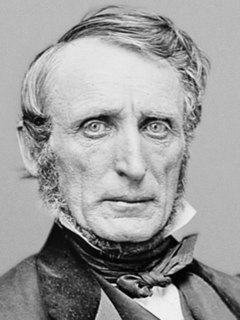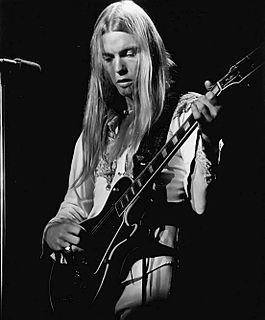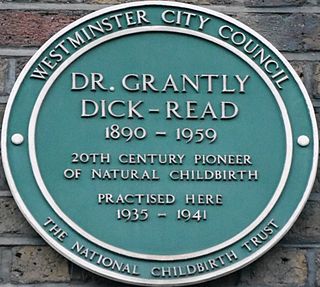A Quote by Francis Bacon
It is as natural to die as to be born; and to a little infant, perhaps, the one is as painful as the other.
Related Quotes
All from other lands, who by the terms of [congressional] laws and a compliance with their provisions become naturalized, are adopted citizens of the United States; all other persons born within the Republic, of parents owing allegiance to no other sovereignty, are natural born citizens. Gentleman [sic] can find no exception to this statement touching natural-born citizens except what is said in the Constitution relating to Indians.
It is this one Spirit who makes it possible for an infant to be regenerated . . . when that infant is brought to baptism; and it is through this one Spirit that the infant so presented is reborn. For it is not written, 'Unless a man be born again by the will of his parents' or 'by the faith of those presenting him or ministering to him,' but, 'Unless a man be born again of water and the Holy Spirit.' The water, therefore, manifesting exteriorly the sacrament of grace, and the Spirit effecting interiorly the benefit of grace, both regenerate in one Christ that man who was generated in Adam.
You have been my friend. That in itself is a tremendous thing. I wove my webs for you because I liked you. After all, what's a life, anyway? We're born, we live a little while, we die. A spider's life can't help being something of a mess, with all this trapping and eating flies. By helping you, perhaps I was trying to lift up my life a trifle. Heaven knows anyone's life can stand a little of that.
Physician Albert Scheweitzer said. " We are all so much together, but we are all dying of loneliness." Professor Leo Buscaglia notes, "There seems to be accumulating evidence that there is actually an inborn need for this togetherness, this human interaction, this love. It seems that without these close ties with other human beings, a new born infant, for example, can regress developmentally, lose consciousness, fall into idiocy and die.
In natural pregnancy, more than half of fertilized eggs fail to implant or are otherwise lost. Should we regard that as an instance of infant mortality? And if so, why are we not mounting ambitious public health campaigns to try to save and rescue all of the fertilized eggs that are lost in natural pregnancy? We would need a public health campaign of massive proportions if there really were over a fifty percent rate of infant mortality.
I thought about all of the things that everyone ever says to each other, and how everyone is going to die, whether it's in a millisecond, or days, or months, or 76.5 years, if you were just born. Everything that's born has to die, which means our lives are like skyscrapers. The smoke rises at different speeds, but they're all on fire, and we're all trapped.
When the death of a disabled infant will lead to the birth of another infant with better prospects of a happy life, the total amount of happiness will be greater if the disabled infant is killed. The loss of happy life for the first infant is outweighed by the gain of happier life for the second. Therefore, if killing the hemophiliac infant has no adverse effect on others, it would, according to the total view, be right to kill him.
If, in the case of the worst sinners and those who formerly sinned much against God, when afterwards they believe, the remission of their sins is granted and no one is held back from baptism and grace, how much more, then, should an infant not be held back, who, having but recently been born, has done no sin, except that, born of the flesh according to Adam, he has contracted the contagion of that old death from his first being born. For this very reason does he [an infant] approach more easily to receive the remission of sins: because the sins forgiven him are not his own but those of another








































